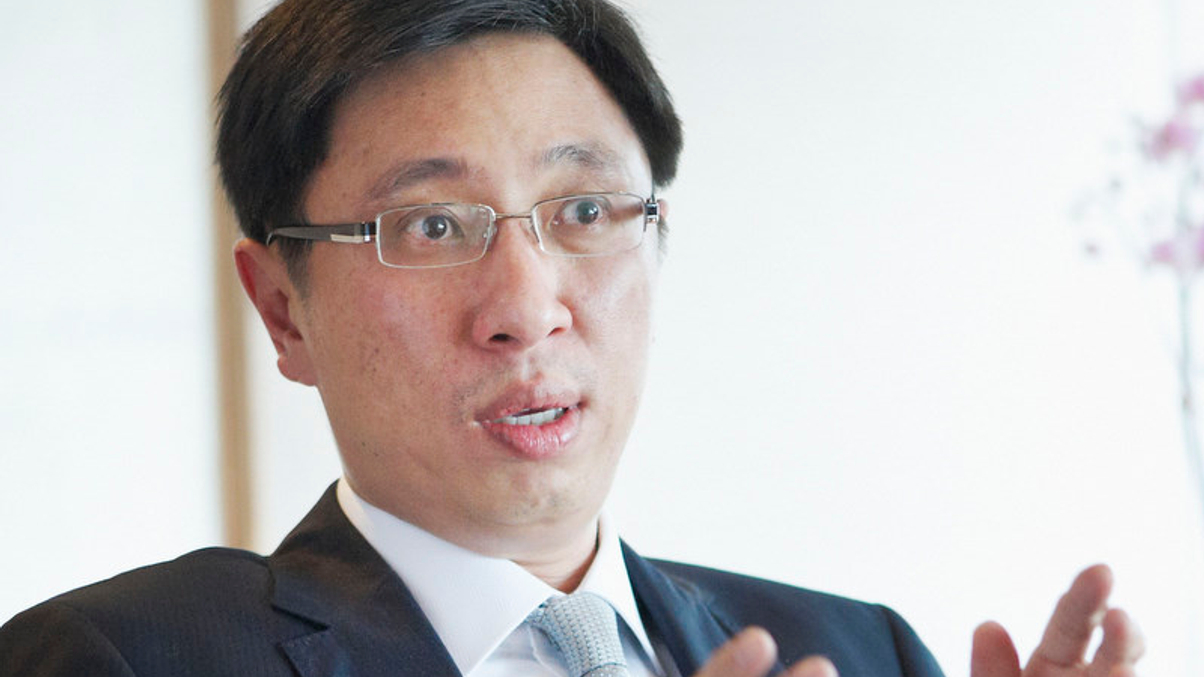UOB AM broadens distribution as China JV wins institutional licence
Singapore’s UOB Asset Management plans to attract more international clients into Sicav products and segregated accounts, reflecting a rising trend among Asian fund houses.

Singapore’s UOB Asset Management is looking to boost its non-domestic business through its joint ventures in China and Malaysia and by broadening its range of distribution partners outside its home market.
Sign in to read on!
Registered users get 2 free articles in 30 days.
Subscribers have full unlimited access to AsianInvestor
Not signed up? New users get 2 free articles per month, plus a 7-day unlimited free trial.
¬ Haymarket Media Limited. All rights reserved.


